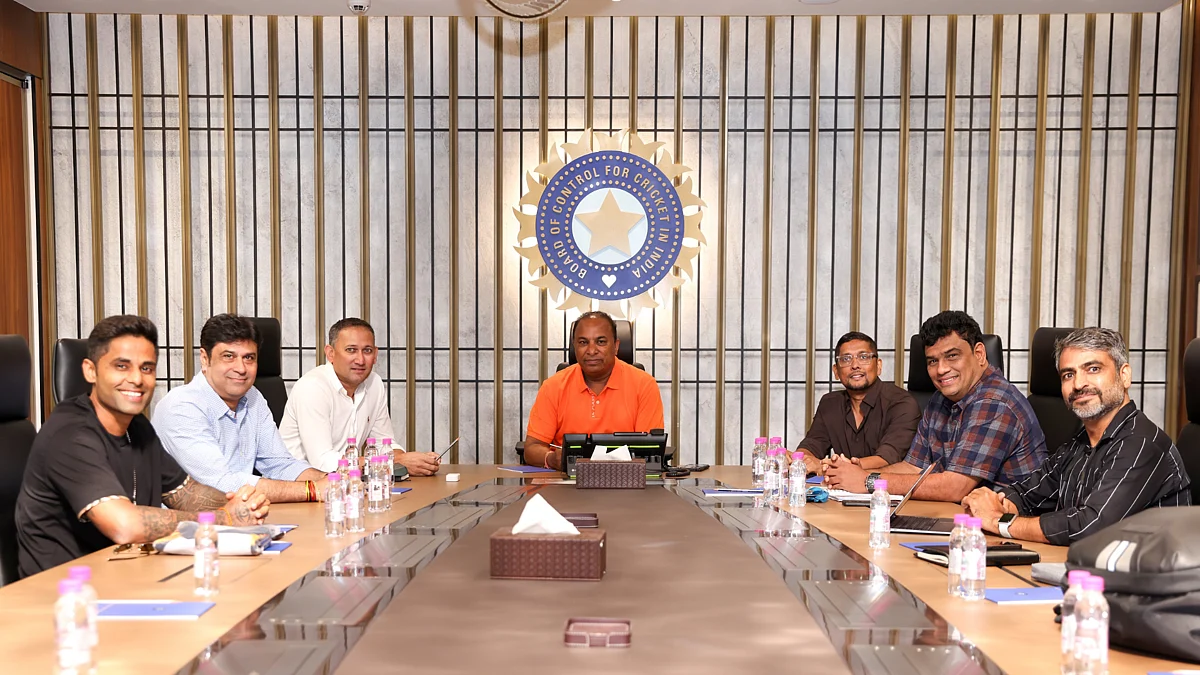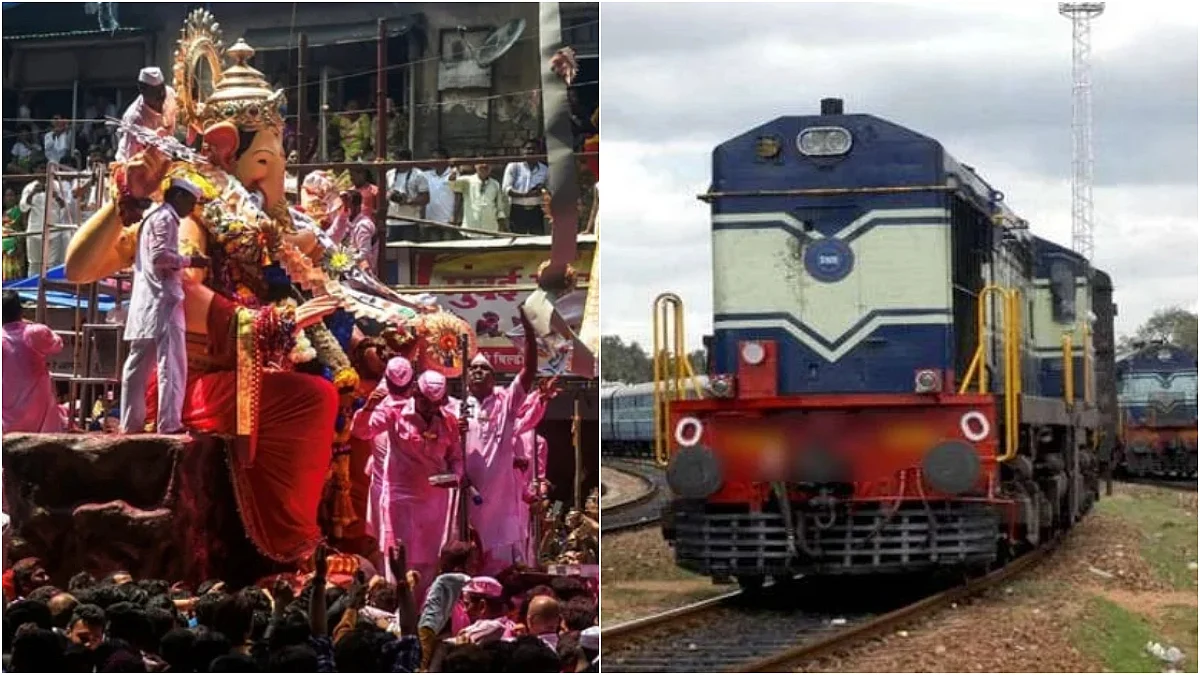Come January, and the Indian classical music season peaks. With many festivals underway, there are some exciting ones on the anvil like the famed Janfest (January 25-26) in Xavier’s Mumbai, Dover Lane Music conference (January 22-25) in Kolkata, and Thyagaraja Carnatic Music Festival (January 11-15) in Thiruvarur. What is it about this ancient music that pulls people of all ages and even those non-initiated into classical music, to these concerts?
For retired professional Amar Sinha, Sangeet Mahabharati in Juhu Mumbai, has become a priceless retreat, since he lost his wife three years back. Come any artist into the institution’s portals to perform, and you can be sure to spot Mr Sinha with his daughter Anu Sinha, a teacher, seated in the auditorium, packed largely with music students, their folks, and invitee music stalwarts. And this, despite Sinha’s zilch knowledge or exposure to Indian classical music.
Says Mr. Sinha softly, “I am lonely after my wife’s death. My daughter first brought me here and I took to this music easily. It fills me with a sense of peace.” For the daughter Anu, the treasure trove of Indian classical music was a chance discovery, thanks to the institution’s proximity to their current residence.

“All my life, I have listened to only Hindi film music, I started attending recitals, especially sitar recitals here, casually, but soon got interested. Now I find myself discussing this music and can appreciate its value.”
In the case of many busy professionals like civil lawyer, Ratna Bhatt, classical music concerts are built into hectic working schedules, and provide much-needed relaxation.
Bhatt’s interest has been largely sustained by her long-time membership of Bhavan’s Cultural Centre, which regularly holds classical music programmes.
“I have attended programmes featuring different instruments like sarangi, sitar, sarod, flute, and especially sitar. I attended many of Niladri Kumar’s sitar recitals. Though I don’t understand technicalities like which raga or taal is being played, I enjoy this music completely. It’s hard to explain, it’s like meditation, I flow with it completely.”
Her feelings are echoed by retired professor Lalitha Dhara, who has always carved out space for classical music, especially Carnatic classical music, in her most crammed days, and regularly organised such programmes. “The moment I hear a note, I get drawn into it, Carnatic classical especially,” says Dhara.
“My only claim to religiosity or spiritualism is through this music as it’s based in bhakti. The dominant trinity of Carnatic music – Sri Thyagaraja, Sri Mudduswamy Dikshitar and Sri Syama Sastry — at once composed and wrote the lyrics which are steeped in bhakti ras. This music is spiritually uplifting, transports you to a different universe altogether.”
While the inherent serenity of raga-sangeet renders it attractive to even those alien to Indian culture, it holds even greater appeal for music students and connoisseurs, because of the unique, individual nature of every raga recital. Most music lovers — like Dhara and Bhatt have done — learn this music for some period of time, in their lives.
Explains music composer, sitarist and poet Tushar Bhatia, “No two recitals of a raga are identical as Indian classical music is individualistic and spontaneous. This makes it unique in world music. Like when you listen to a song, you know what to expect.
But a raga recital has a strong element of surprise. Even if the audience knows the raga, they don’t know how it will be played, they cannot predict the development of phrases of the raga. Each recital is new, and of course serene.”
Perhaps the most striking point of Indian classical music is that it not only calms the senses, but also awakens the intellect. “The music reaches deep inside the brain,” observes counsellor and life coach Dr Punit Patel.
With a doctoral degree in applied ethics in healthcare from the US, Dr Patel has been using Indian classical music for the past five years to help his patients heal.
“As I play a piece of classical music — depending on what resonates with the patient, like maybe the Gayatri mantra in a certain raga — I find they are able to let go of themselves; their ego melts and receptivity increases almost instantly. One’s own perception of oneself needs to be clear. And this music does just that — tells you who you really are and what is the problem. Before I used music therapy, my counselling session would last four or more hours. Now the sessions have shrunk to 45 minutes — 15 minutes of listening to music and 30 minutes talking.”
Raised in Los Angeles, and now settled in Mumbai, Dr Punit Patel is currently learning Hindustani vocal classical music, which he posits is similar to life itself. “Like you are never done with life, with experiences, with learning lessons, there is no end to the depth of a note in Indian music.
You keep going deeper.” And so the journey continues — of the student and the teacher, the performing artist and the listener. A journey that uplifts, reinforces, and harmonises one with others.






